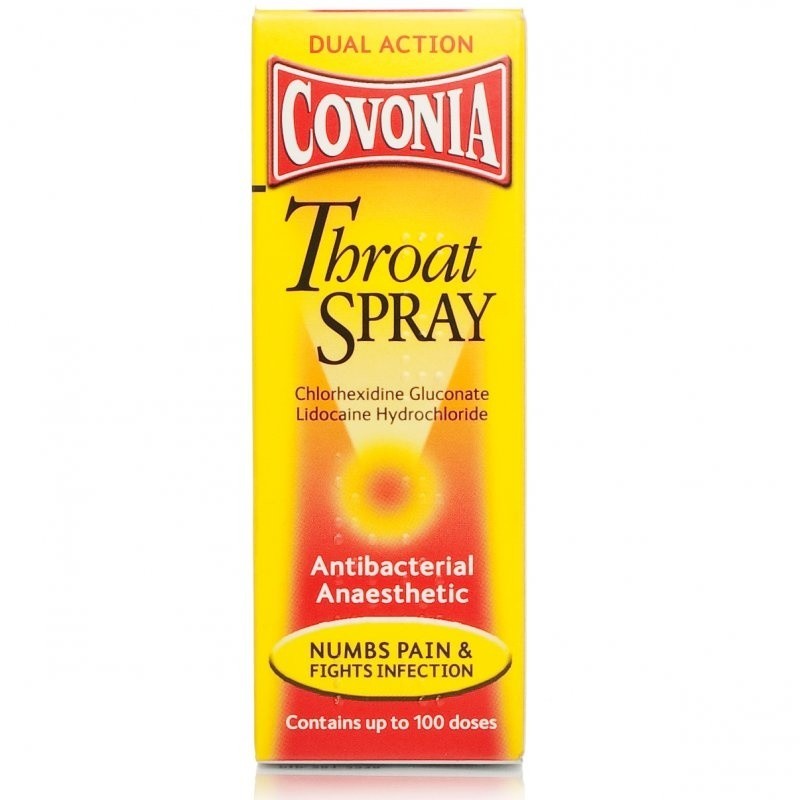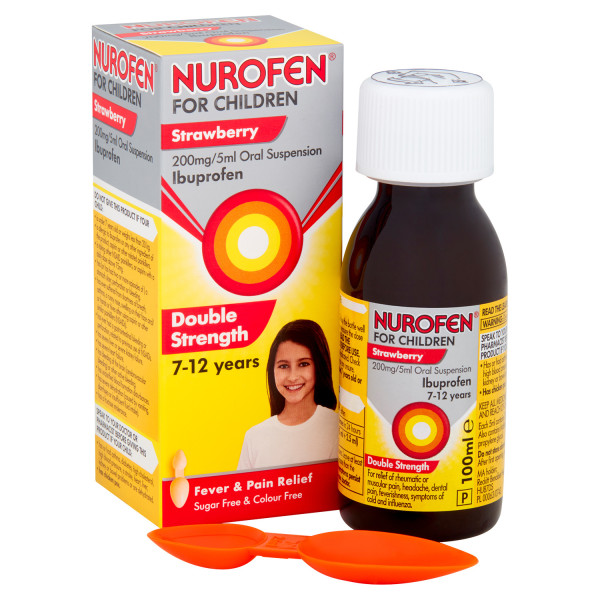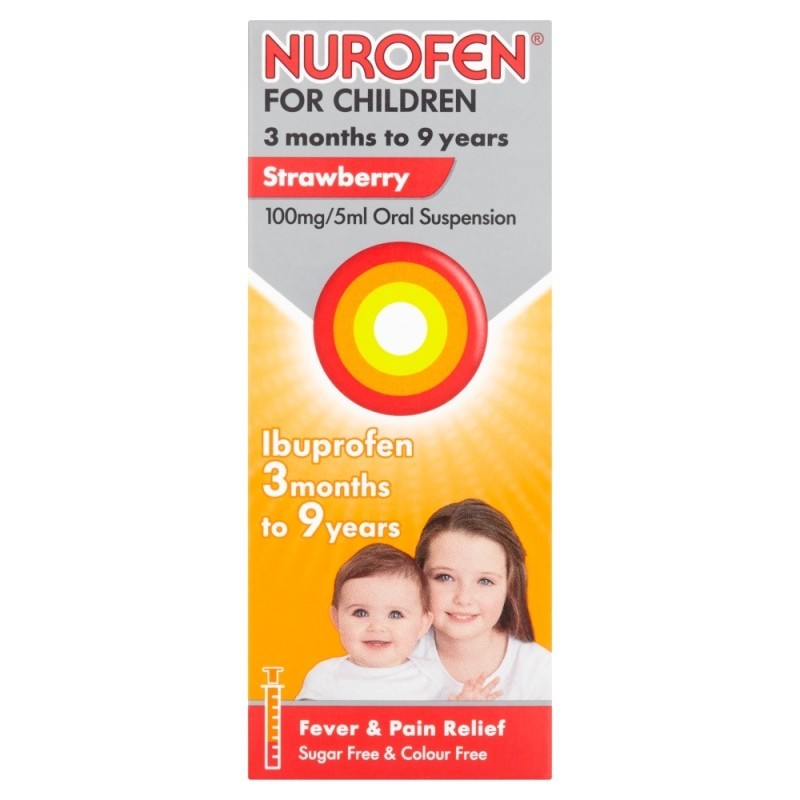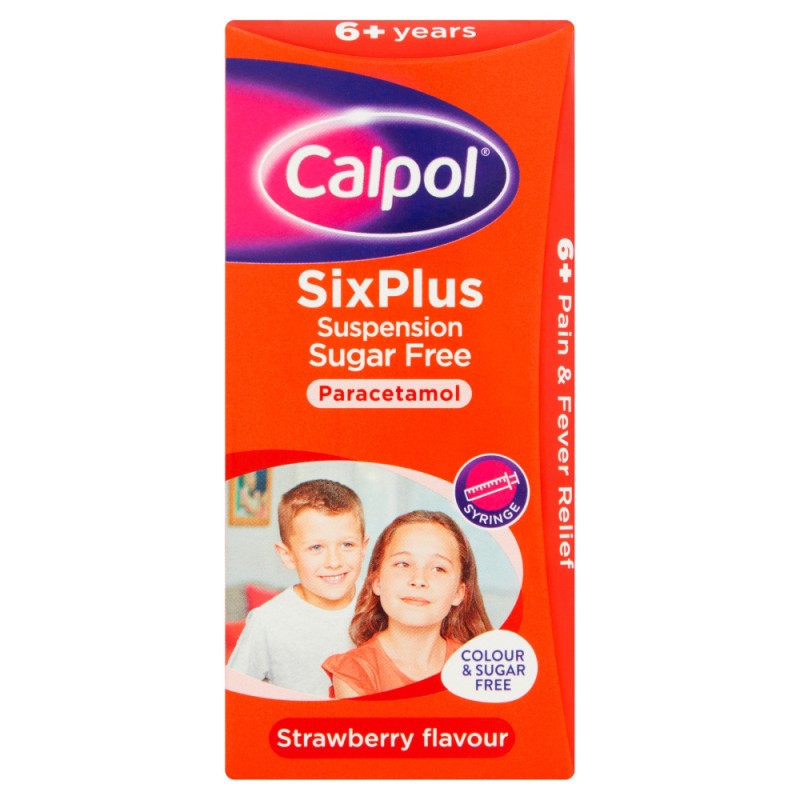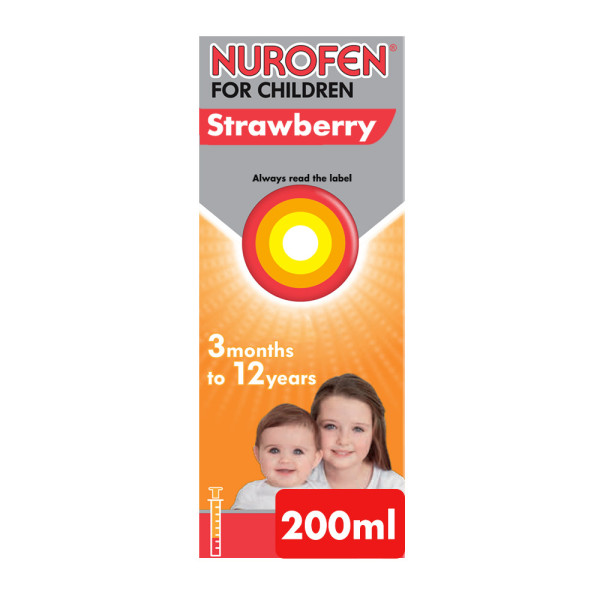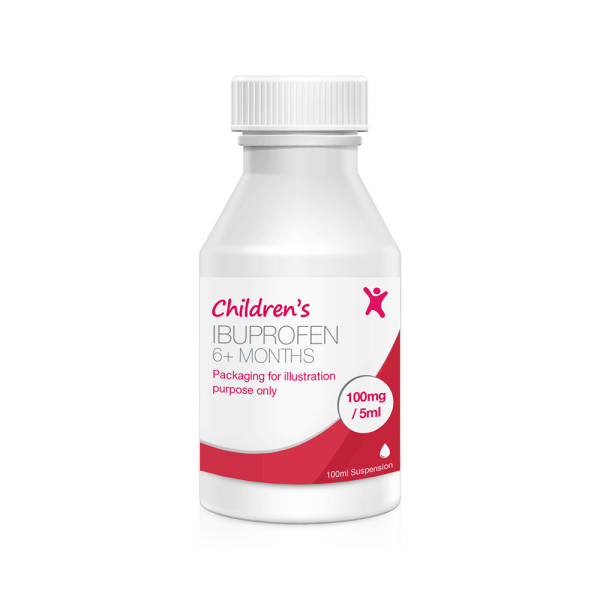- By Condition
- Medicines
- Healthcare
- Baby
- Vitamins
- Toiletries
- Skincare
- Summer Shop
- Men's
- Clearance
- By Condition
- Medicines
- Healthcare
- Baby
- Vitamins
- Toiletries
- Skincare
- Summer Shop
- Men's
- Clearance
Nurofen Double Strength For Children 7-12 years Strawberry Flavour Oral Suspension
Nurofen for Children Strawberry 200mg/5ml Oral Suspension is an oral suspension for children aged between 7-12 years who weigh more than 20 kg. To be taken by mouth. Nurofen will provide your child with fast-acting and effective relief from pain and fevers; it has a delicious flavour which they will love - meaning they won't hesitant when it comes to taking medicine. This effective syrup works in as little as 15 minutes and can provide relief for up to 8 hours.
Key features of Nurofen Double Strength For Children 7-12 years Strawberry Flavour Oral Suspension- Fever & pain relief
- Sugar & colour free
- Reduces temperature
- Protects gums
- Relieves symptoms of cold and flu
Approved by Sumaiya Patel- Pharmacist on the 30/04/2021
For more information, view our medical team
Like all medicines, this medicine can cause side effects, although not everybody gets them. Side effects may be minimised by taking the lowest dose for the shortest time necessary to relieve the symptoms. Although side effects are uncommon, your child may get one of the known side effects of NSAIDs. If they do, or if you have concerns, stop giving this medicine to your child and talk to your doctor as soon as possible. Elderly people using this medicine are at increased risk of developing problems associated with side effects.
STOP USING this medicine and seek immediate medical help if your child develops: • signs of intestinal bleeding such as: severe pain in the abdomen, black tarry stools, vomiting blood or dark particles that look like coffee grounds. • signs of rare but serious allergic reaction such as worsening of asthma, unexplained wheezing or shortness of breath, swelling of the face, tongue or throat, difficulty breathing, racing heart, drop in blood pressure leading to shock. These can happen even on first use of this medicine. If any of these symptoms occur, call a doctor at once. • severe skin reactions such as rashes covering the whole body, peeling, blistering or flaking skin. • A severe skin reaction known as DRESS (Drug reaction with eosinophilia and systemic symptoms) syndrome can occur. Symptoms of DRESS include: skin rash, fever, swelling of lymph nodes and an increase ofeosinophils (a type of white blood cells). • A red, scaly widespread rash with bumps under the skin and blisters mainly localised on the skin folds, trunk, and upper extremities accompanied by fever at the initiation of treatment (acute generalised exanthematous pustulosis) (frequency not known)
Tell your doctor if your child has any of the following side effects, they become worse or you notice any effects not listed. Common (may affect up to 1 in 10 people) • Stomach and intestinal complaints such as as acid burn, stomach pain and nausea, indigestion, diarrhoea, vomiting, flatulence (wind) and constipation and slight blood losses in stomach and/or bowel that may cause anaemia in exceptional cases Uncommon (may affect up to 1 in 100 people) • gastrointestinal ulcers, perforation or bleeding, inflammation of the mucous membrane of the mouth with ulceration, worsening of existing bowel disease (colitis or Crohn’s disease), gastritis • headache, dizziness, sleeplessness, agitation, irritability or tiredness • visual disturbances • various skin rashes • hypersensitivity reactions with hives and itch Rare (may affect up to 1 in 1000 people) • tinnitus (ringing in the ears) • increased urea concentrations in blood, pain in the flanks and/or the abdomen, blood in the urine and a fever may be signs of damage to kidneys (papillary necrosis) • increased uric acid concentrations in the blood • decreased haemoglobin levels Very rare (may affect up to 1 in 10,000 people) • oesophagitis, pancreatitis, and formation of intestinal diaphragm-like strictures • heart failure, heart attack and swelling in the face or hands (oedema) • passing less urine than normal and swelling (especially in patients with high blood pressure or reduced kidney function), swelling (oedema) and cloudy urine (nephrotic syndrome); inflammatory kidney disease (interstitial nephritis) that may lead to acute kidney failure. If one of the above mentioned symptoms occur or if you have ageneral miserable feeling, stop taking this medicine and consult your doctor immediately as these could be first signs of a kidney damage or kidney failure. • Psychotic reactions, depression • high blood pressure, vasculitis • palpitations • liver dysfunction, damage to the liver (first signs could be discoloration of the skin), especially during long-term treatment, liver failure, acute inflammation of the liver (hepatitis) • problems in the blood cell production - first signs are: fever, sore throat, superficial mouth ulcers, flu-like symptoms, severe exhaustion, nose and skin bleeding and unexplained bruising. In these cases you must stop the therapy immediately and consult a doctor. Any self-treatment with pain killers or medicinal products that reduce fever (antipyretic medicinal products) mustn’t be done. • severe skin infections and soft tissue complications during chicken pox (varicella) infection • worsening of infection-related inflammations (e.g. necrotizing fasciitis) associated with the use of certain painkillers (NSAIDs) has been described. If signs of an infection occur or get worse, you must go to the doctor without delay. It is to be investigated whether there is an indication for an anti-infective/antibiotic therapy • symptoms of aseptic meningitis with stiff neck, headache, nausea, vomiting, fever or clouding of consciousness have been observed when using ibuprofen.
You May Also Like
